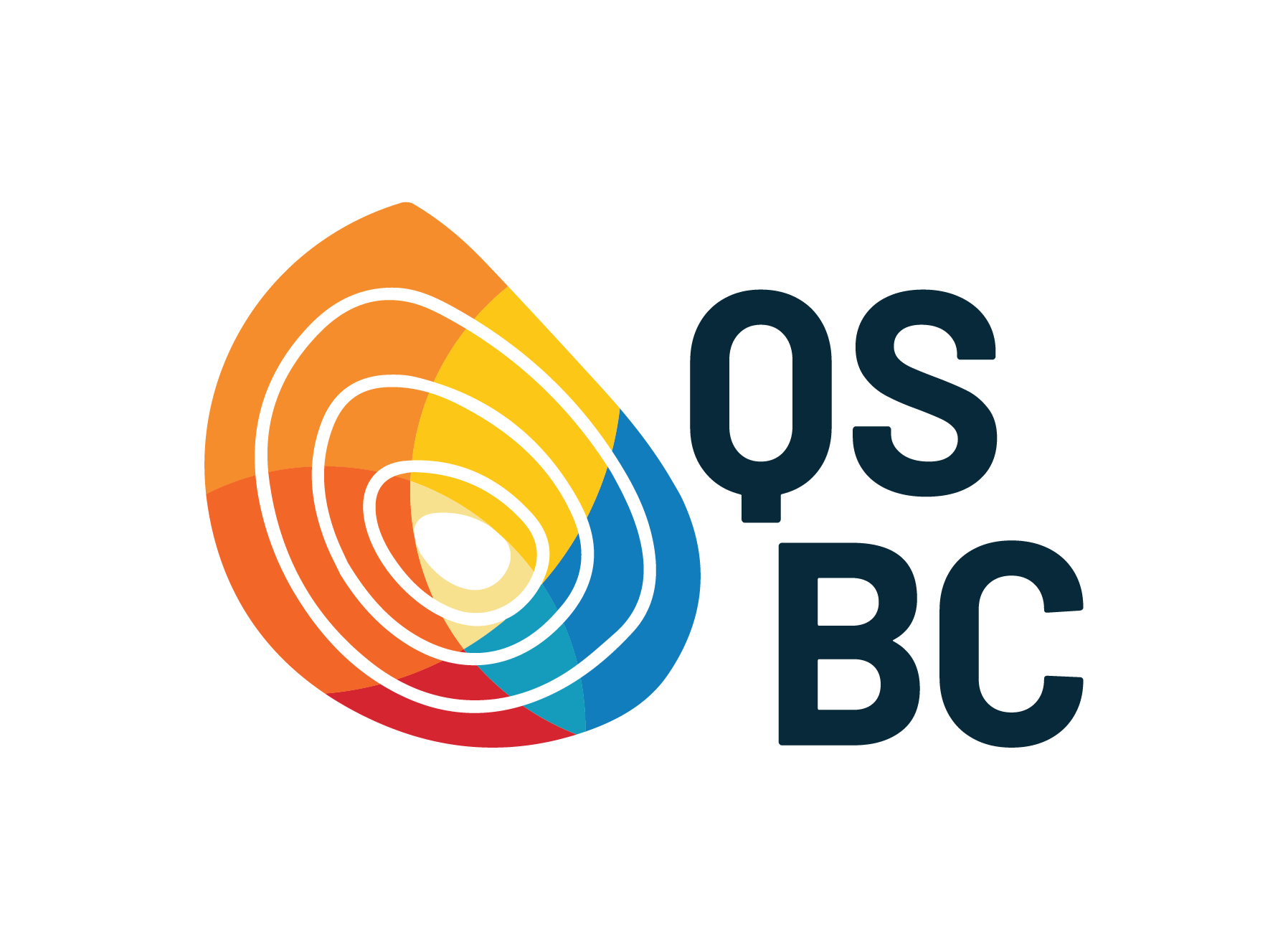Commercial lease bond
Lease agreements commonly include a requirement for the tenant to provide a security. Cash bonds and bank guarantees are two common types of security. Commercial lease bond in Queensland is largely reliant on the clauses in each lease.
Cash Bond
A cash bond is a sum of money that the tenant pays up-front as security in case of specified breaches of the lease agreement. The amount of the cash bond is specified in the lease agreement and is typically calculated as a multiple of the monthly rent. The lessor and tenant can agree if the bond is paid directly to the lessor or be held by a third party.
Bank Guarantee
A bank guarantee is an undertaking from the tenant’s bank to pay a certain amount of money to the lessor if the tenant breaches the lease agreement. Bank guarantees can be:
-
conditional or unconditional
-
include an expiry date or be ongoing
Once issued, a bank guarantee cannot be revoked unless all parties involved agree or it expires (if it includes an expiry date).
Unlike a cash bond, a bank guarantee does not involve the actual transfer of funds to the lessor; instead, if a lessor of a commercial lease is ever left out of pocket for something, they can call on the bank guarantee. Examples can be unpaid rent, unpaid outgoings and any incomplete de-fitting and making good the premises at the end of the lease.
Personal Guarantees
In cases where the tenant is a company rather than an individual, it is common for the lessor to ask the directors for a personal guarantee as well as a security.
Providing a personal guarantee means the tenant is agreeing to be liable for any debts or loss of the tenant’s company, and this also potentially opens the guarantor’s personal assets (such as their home, if it is owned in their personal name) to legal processes.
Top tips
- Address and negotiate issues early to ensure timely release of the security.
- Mediation can reduce the time and costs associated with resolving disputes.
Can the lessor keep the security at end of lease?
This will depend on the specific terms of the lease agreement and the circumstances of any breach of the lease.
If a dispute arises, the tenant should first check their lease to see what rights the lessor has in terms of keeping the security deposit – for example, if the tenant did not complete the make good, or was behind on rent, the lessor may be entitled to keep the cash bond or cash out the bank guarantee until the rent arrears or make good costs are paid.
Important facts
The sum of the security is not regulated by legislation.
As the Retail Shop Leases Act 1994 does not contain provisions relating to the release of a security, the lease will be the primary source of law.
Unlike residential tenancies, there is no timeframe set in legislation for the return of a commercial lease security
Lost bond
If a cash bond is unaccounted for after the sale of a premises or a tenant’s business, or after the assignment of a lease, it is crucial to seek legal advice to access copies of the contracts to clarify responsibilities. If the tenant believes they know who should return the bond, they may need legal advice on which jurisdiction (QSBC, QCAT, or court) to approach for making an application. It is likely that evidence of the initial payment and any subsequent transfers will be required.
Disputes over make good
Disputes frequently arise over make good obligations at the end of a lease, and impact the return of the tenant’s security. Find out more in our Make good fact sheet.
Resolving disputes
If you find yourself in dispute over the return of cash bond or claim on a bank guarantee, or the lessor (or property manager) won’t respond, consider the following steps:
- Seek legal advice from a lawyer experienced in property and commercial tenancy law
- Talk to the other party to clarify what they want done to resolve the dispute
- Review the lease terms and assess whether the requests and actions are consistent with the lease
- Make any requests in writing. Send a formal letter of demand, if appropriate.
- Respond promptly to property managers or lessors (communication is key).
- Consider whether the other party has the funds available and whether proposing a payment plan will resolve the dispute
- Assess the cost and viability of pursuing legal proceedings to decide the dispute
- Make an application for mediation with the QSBC
A QSBC mediator can mediate a dispute up to $750,000 in value. QCAT considers disputes between a tenant and lessor related to retail shop leases if the dispute is not resolved after mediation. Courts considers disputes between a tenant and lessor for non-retail shop leases.
More information
Contact the QSBC by submitting an online enquiry or calling 1300 312 344.
Download the Commercial lease bond fact sheet.


